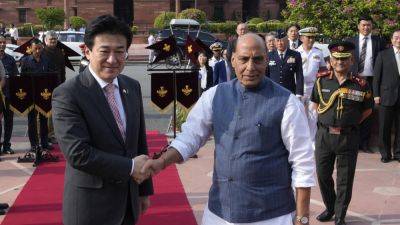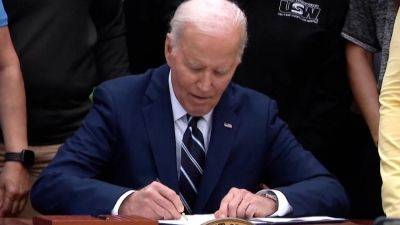US-China trade war could be the death knell for advanced economies
The squeeze on multiple fronts may push them into middle-income status. Currencies such as the yen, the euro, the won and even the New Taiwan dollar have been on trajectories similar to that of a secular bear market.
High-income economies, such as Germany, Japan and South Korea, carved out their competitive niches in the US-centric global economy after World War II. They achieved an edge with pricing power in specific areas such as technology, manufacturing or branding.
US chip equipment manufacturers have been able to sell more products that existing sanctions don’t apply to yet, more than likely compensating for any lost sales. But if the US expands the sanctions list sharply next year, revenues could significantly decline.
In response, China is likely to pour more resources into technologies that the US denies it access to. If that strategy is successful, it could mean the permanent loss of the Chinese market and, over time, competition in other markets. When it comes to production, China has lower costs and a larger scale. Middle powers such as Germany and Japan will be at a considerable disadvantage.
07:43
From economic ‘miracle’ to cautionary tale: Japan’s development and recession
One of the quickest ways for the US to re-industrialise is by relocating production away from its allies to within its own borders. However, relying on local capacity has not worked and is unlikely to work in the future.
The loss of access to China’s market, increased Chinese competition and decreased exports to the US could hollow out the economies of middle powers. They could also be pressured into buying energy and minerals from the US. Their terms of trade are on a slippery downward slope.
The dollar is held up by money inflow. The dollar’s







